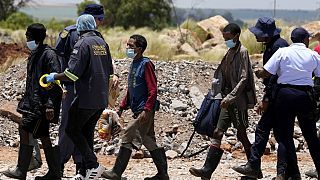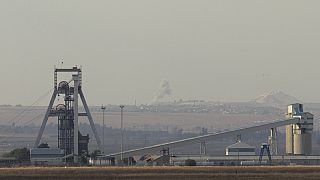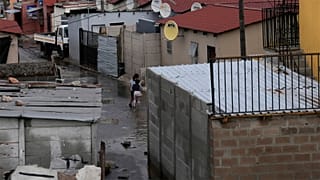South Africa
South Africa has failed to address the massive environmental and health effects of more than 130 years of mining in and around Johannesburg.
Waste from mines dug more than a century ago stretching along one of the world’s largest gold deposits has left communities exposed to life threatening effects, reports Reuters.
Individuals are exposed to radiation, contaminated dust and water that can contribute to life threatening health conditions like TB and cancer.
According to residents like Janette Matshwisa from Tudor Shaft, the effect has left one of her family members dead.
“My mother is dead because of this place. She died in 2007. She was diagnosed with TB also. Then they told me that the dust is inside her lungs then she passed away.” she told reuters.
South Africa’s Gauteng province holds some of the biggest gold deposits on earth, and extraction processes has left drains of Acid mine drainage AMD which results from the outflow of acidic water from mines.
A 2016 investigation by the Harvard Law School found South Africa had failed to protect residents affected by the pollution from contaminated water and mine dumps. The report said the government gave only limited warnings of the risks.
After the report was released, the government said it had set aside an estimated 1.2 billion rand (87 million US dollars) in 2011 to clean up acidic water.
The country’s Department of Water and Sanitation, DWS, announced plans last year to charge mining firms two-thirds of the cost for treating polluted water emanating from their century-long operations in Johannesburg’s mining belt.













00:59
DRC accuses Rwanda of killing 1,500 civilians in past month
11:17
DRC-US mineral pact offers optimism—and inherent hurdles [Business Africa]
01:02
Mass layoffs cast shadow over Guinea’s Simandou mega-mine as output begins
Go to video
Uganda’s export earnings nearly double in October on coffee and gold sales
00:55
Malian judge orders return of gold to Canada's Barrick Mining
01:24
Death toll in South Africa shooting rises to 12 after one victim dies in hospital